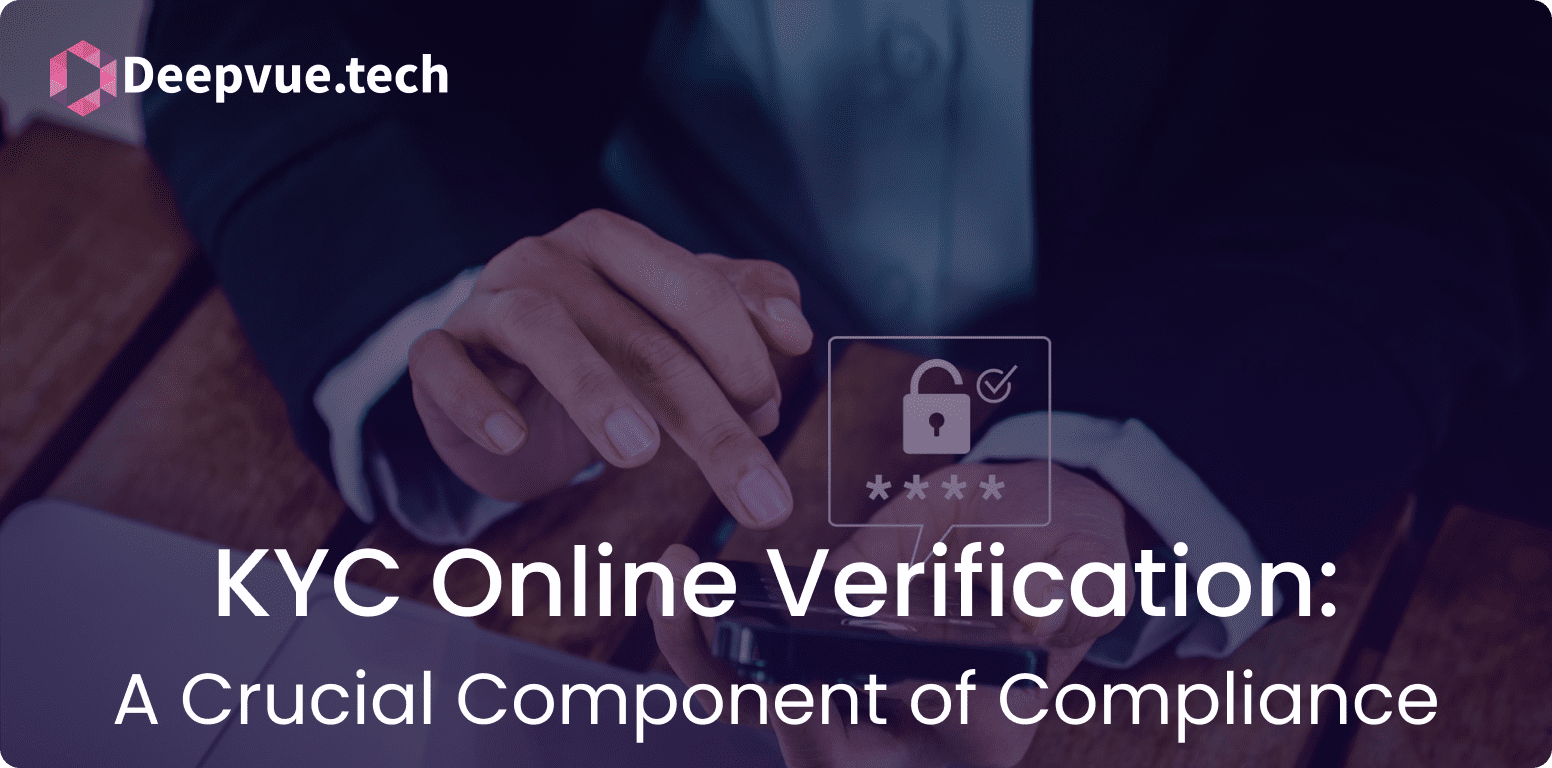What is Bank Account Validation?
Bank account validation is the process of verifying that a bank account number provided by an individual or business is valid, active, and matches the corresponding account holder’s information. This process is crucial in ensuring the accuracy of financial transactions, preventing fraud, and reducing errors in payment processing. Bank account validation is commonly used by businesses, financial institutions, and payment processors to confirm that the account details provided by customers, vendors, or employees are correct before initiating any transactions.
How Does Bank Account Validation Work?
Bank account validation involves several steps to ensure the accuracy and legitimacy of the account details:
1. Format Check
The first step in bank account validation is checking the format of the account number to ensure it adheres to the standard format for that particular bank or country. This includes verifying the correct number of digits and the presence of any required codes, such as sort codes or branch identifiers.
2. Bank Identification
The system identifies the bank associated with the provided account number by using the bank identifier code (BIC) or the international bank account number (IBAN). This ensures that the account number belongs to a recognized financial institution.
3. Account Number Verification
The account number is then checked against the bank’s records to confirm that it exists and is active. This step helps verify that the account number is not fabricated or closed.
4. Account Holder Name Match
In some cases, bank account validation may also involve matching the account holder’s name with the name associated with the bank account. This step helps prevent fraud by ensuring that the account number provided corresponds to the correct person or entity.
5. Optional Micro-Deposits
Some validation processes use micro-deposits, where small amounts are temporarily deposited into the account. The account holder then confirms these amounts to verify ownership and accuracy of the account details.
Benefits of Bank Account Validation
Bank account validation offers several important benefits:
1. Reduced Fraud Risk
By verifying the legitimacy of bank account details, businesses can reduce the risk of fraud, such as payments being redirected to unauthorized accounts or processing payments to nonexistent accounts.
2. Fewer Payment Errors
Validation helps ensure that payments are sent to the correct accounts, reducing the likelihood of errors such as bounced payments or failed transfers. This leads to smoother, more efficient payment processing.
3. Compliance with Regulations
In many industries, especially those involving large or cross-border transactions, bank account validation is a regulatory requirement. It helps businesses comply with anti-money laundering (AML) and know your customer (KYC) regulations.
4. Improved Customer Trust
By using bank account validation, businesses can build trust with customers, vendors, and partners by ensuring that payments are handled accurately and securely.
Common Use Cases for Bank Account Validation
Bank account validation is used in various scenarios across different industries:
1. Payroll Processing
Employers use bank account validation to ensure that salaries are deposited into the correct accounts of their employees, reducing payroll errors and disputes.
2. Vendor Payments
Businesses validate bank account details before making payments to vendors, suppliers, or contractors, ensuring that funds are transferred to the right entities.
3. E-Commerce Transactions
Online retailers and payment gateways validate customer bank account details to prevent fraudulent transactions and ensure that refunds or withdrawals are processed correctly.
4. Financial Services
Banks and financial institutions validate account details during onboarding, loan disbursements, and other financial transactions to comply with regulatory requirements and prevent fraud.
Frequently Asked Questions (FAQs)
Is bank account validation mandatory for all transactions?
While not mandatory for all transactions, bank account validation is highly recommended for businesses to reduce errors and fraud, especially for large or recurring payments. In some industries, validation may be a regulatory requirement.
How long does bank account validation take?
The duration of the validation process can vary depending on the method used. Basic validation checks can be instantaneous, while processes involving micro-deposits may take a few days for the account holder to confirm the deposit amounts.






